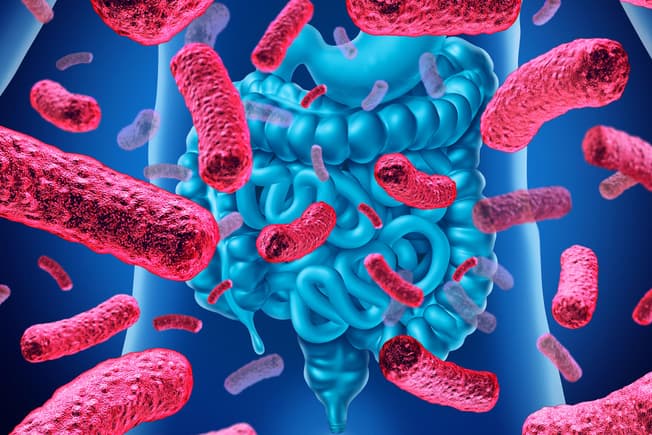
According to the British Social Attitudes survey, nearly a third of Britons have reduced their meat consumption over the last year. Pollsters found that 29 percent of people had reduced their consumption of meat in the previous year, nine percent said they were considering reducing their meat intake or cutting it out entirely, and about three percent were already vegetarian or vegan. Vowing to ditch steaks and burgers in favour of a vegetarian lifestyle may have crossed your mind for ethical reasons or because of concerns about red meat and health.
So, what actually happens to your body when you stop eating meat?
1. You lose weight
A team at George Washington University School of Medicine in Washington in the US recently tried pinpoint how much weight a person loses if they switch from being an omnivore to a vegetarian.
The research
“The take-home message is that a plant-based diet can help you lose weight without counting calories and without ramping up your exercise routine,” Neal Barnard, M.D., lead author of the study and an adjunct associate professor of medicine at the George Washington University, said at the time.
2. Your gut bacteria will change
The saying goes you are what you eat, and that relates to your digestive system as much as any other part of your body.
“The take-home message is that a plant-based diet can help you lose weight without counting calories and without ramping up your exercise routine,” Neal Barnard, M.D., lead author of the study and an adjunct associate professor of medicine at the George Washington University, said at the time.
2. Your gut bacteria will change
The saying goes you are what you eat, and that relates to your digestive system as much as any other part of your body.
Vitamin B12 can meanwhile be found in yeast extract products such as Marmite, fortified breakfast cereals, and soya products.
Eggs, fortified fat spreads, cereals and some milks can be a source of vitamin D.
4. Your risk of developing cancer could drop…
A recent World Health Organisation report classed processed meat as carcinogenic, and so products such as bacon and salami found themselves categorised alongside formaldehyde, gamma radiation and cigarettes. Red meat was also labelled as “probably” having cancer causing properties.
Eating just a 50g portion of processed meat – or two rashers of bacon a day – increases the risk of bowel cancer by 18 per cent, the experts concluded.
However, while this sounds like a significant rise, the 18-per cent rise in the risk of bowel cancer the IARC scientists warned of is from the base level that around 6 in every 100 people in the UK will get bowel cancer – not in total for each person.
Therefore, the rise would translate to one extra case of bowel cancer in all those 100 lifetime bacon-eaters.
5. …as well as your chance of having heart disease
Scientists recently found that red meat is linked to heart disease. A study be Lerner Research Institute in the US showed that carnitine, a nutrient found in the food, sets of gut microbe reactions which contribute to the development of heart disease.
“This adds to the growing body of data reinforcing a connection between red meat, carnitine ingestion and heart disease development,” said lead author Stanley Hazen, MD, PhD, Vice Chair of Translational Research for the Lerner Research Institute and Section Head of Preventive Cardiology & Rehabilitation, according to a report by the Cleveland Health Clinic.
Also, read Top 8 Reasons Why Everyone Should Stop Consuming Dairy